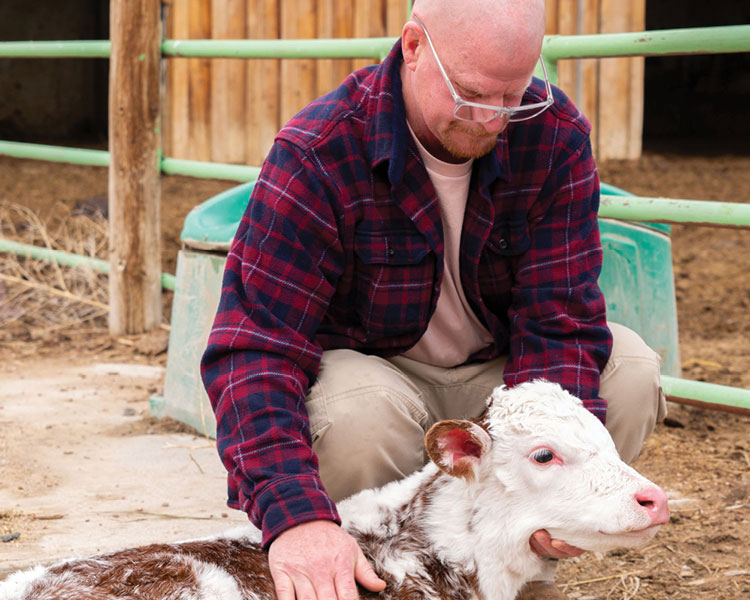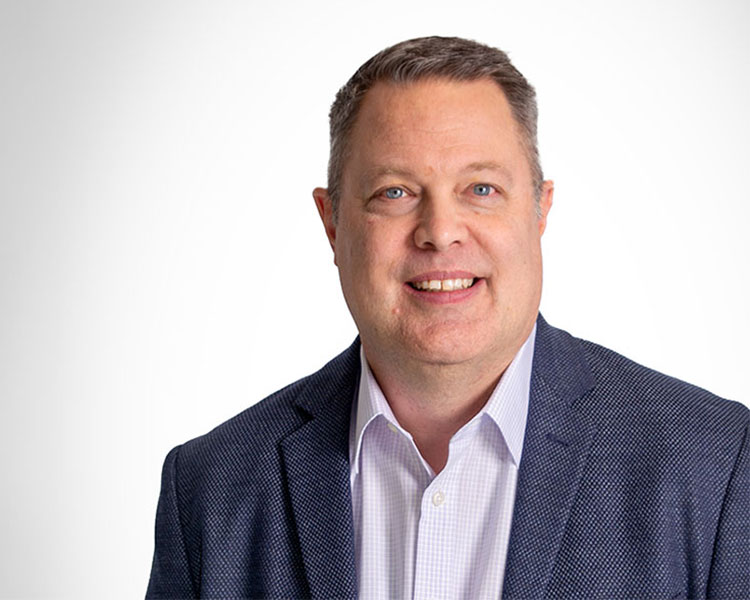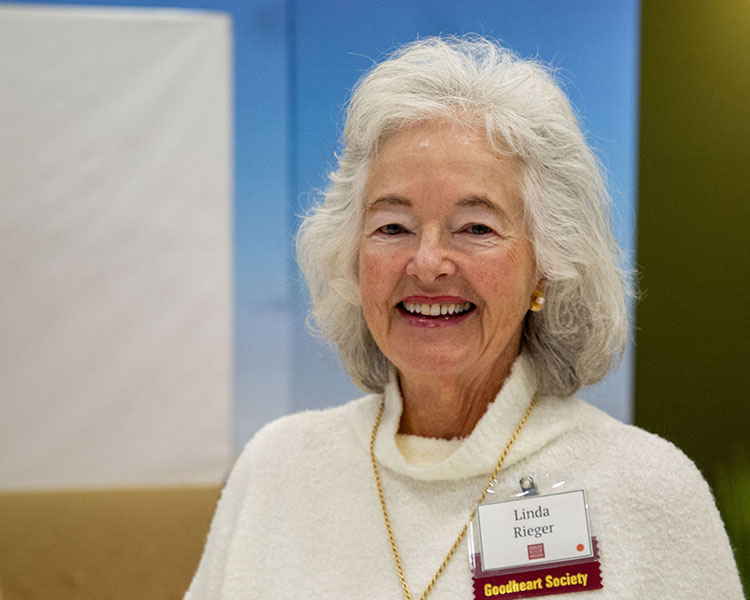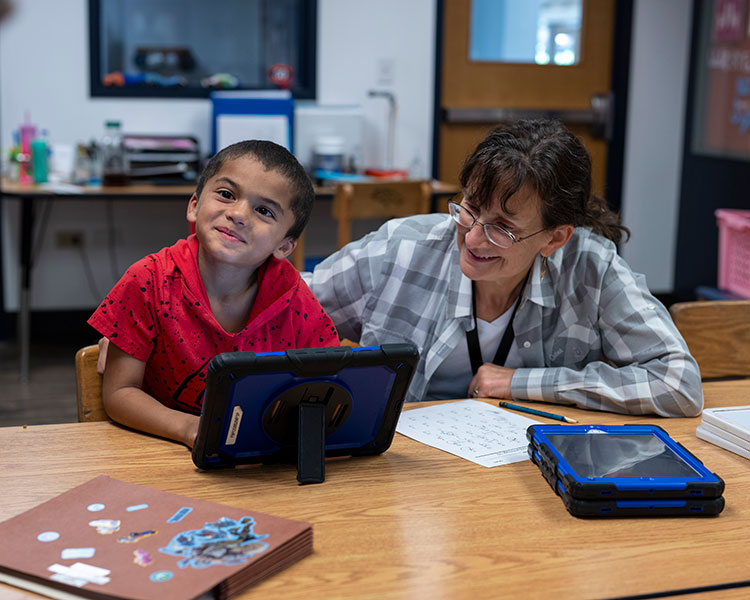For the majority of his life, Kaileb, a staunch, six-foot-nine former collegiate basketball player, found his identity in being an athlete. He knew he was born to play ball.
But his zeal and commitment to the sport, and to life, didn’t develop until his mid-twenties after battling years of destructive addictions and consequentially joining the New Life Program at Harvest Farm.
At the age of 12, Kaileb received news that led to deep confusion. He found out the father he grew up with was not his biological father and his brother was his half-brother. “It was a really emotional thing,” he said. “It fueled my fire all of a sudden…to be reckless and to be wild.”
That same year, he tried his first beer in a friend’s basement, and one curious sip eventually escalated to binge drinking. At 15, he tried marijuana.
During his freshman and sophomore years at Thunder Ridge High School in Highlands Ranch, the college offer letters started flooding in from schools across the nation.
At 17, he signed an offer to attend the University of California, Berkeley and received a full-ride basketball scholarship. “I have pictures of the day I signed,” Kaileb said. “I just looked absolutely miserable. I didn’t know how to feel.”
The summer after he turned 18, he tried cocaine. At that point, he was drinking heavily and smoking every day.
When he arrived in Berkeley, the lack of fulfillment in his identity as an athlete resulted in a search for more. He went to practice and weight training high. He used his stipends on drugs and alcohol and went from being a starting player to a bench player.
Kaileb attended four schools in his five years of playing college basketball. “I would go to a school, get in a lot of trouble with drinking and drugs and then burn the bridge with that coach and move on to the next,” he said. “That was the beginning of letting go of the opportunity I had.”
“All throughout my life, whenever I was comfortable, I wasn’t making progress. I wasn’t growing—spiritually, mentally, emotionally, physically. The number one thing I’m trying to really base my life around now is being uncomfortable for the right reasons.”
The high that he sought from drugs and alcohol led to many low points: a night he almost overdosed on Xanax; a day that he sat in a park with three knives, two handguns and 100 rounds of ammunition in his backpack with suicide on his mind.
After college, his drug and alcohol addictions evolved into an obsession with collecting firearms. He left home after having a falling out with his parents and lived in his car for about three months with eights guns in the trunk. After a continual downward spiral, he eventually found himself in jail for two and a half months.
“I came out of that and was just absolutely broken,” he said.
His mother and grandmother contacted Harvest Farm, and in September of 2018, he arrived at the Farm with only a few belongings and many feelings of uncertainty.
For his first 30 days in the program, Kaileb started each day with devotions, followed by work therapy on the Farm. “I would pick up manure,” he said. “It gave me time to think and process and allow myself to understand.”
A few weeks after he arrived, he was assigned to work at the annual Fall Festival at the Farm, and he embraced the task with confidence.
Kaileb said his experience at the Fall Festival had a big impact on his willingness to stay at the Farm.
“I think that was the first step toward trying to find myself again, because I realized I bring a lot to the table when I’m sober,” he said.
“When I was working the Fall Festival, I got to see a lot of real, genuine happiness—untethered, untouched, authentic happiness— and I was like, I want that, I want to harness that. I want to be a part of that.”
Peter Keohane, who works with Kaileb as his program chaplain, said that by participating in the Festival, men can see that just because they’ve had substance use difficulties, doesn’t mean they aren’t accepted by others. “I think by having thousands of people come out here, men begin to realize that they haven’t been ostracized,” he said.
With the help of mentors like Peter, Kaileb was able to get brutally honest with himself and pursue his true identity in Christ. “He’s come to this place where basketball’s still a part of his life, but it’s not who he is,” Peter said.
Kaileb will be back at the Fall Festival again, but this year with a fresh perspective and a ready heart. He is on track to graduate from the program at the end of October.
He currently works as a warehouse assistant for Fort Collins Heating and Air Conditioning and is following a training program with hopes of pursuing a career in basketball, whether it’s playing professional ball, coaching or becoming an agent.
“I’ve been so desperate for fulfillment and success throughout my entire life and then I realized that fulfillment and success doesn’t always have to be on this grandiose scale,” he said. “I want to use my testimony in a big way, and that’s the beautiful thing about testimonies—no one can tell you it didn’t happen.”
By supporting Denver Rescue Mission and Harvest Farm, you are providing opportunities for men like Kaileb to overcome addiction. Together, we can help people find their identities in Christ.
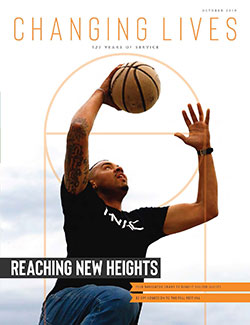
Download the newsletter
- Why Denver Rescue Mission Matters
- Letter from the CEO
- 17th Annual Harvest Farm Fall Festival
- Peer Navigator Collaboration
- Core Strategies




